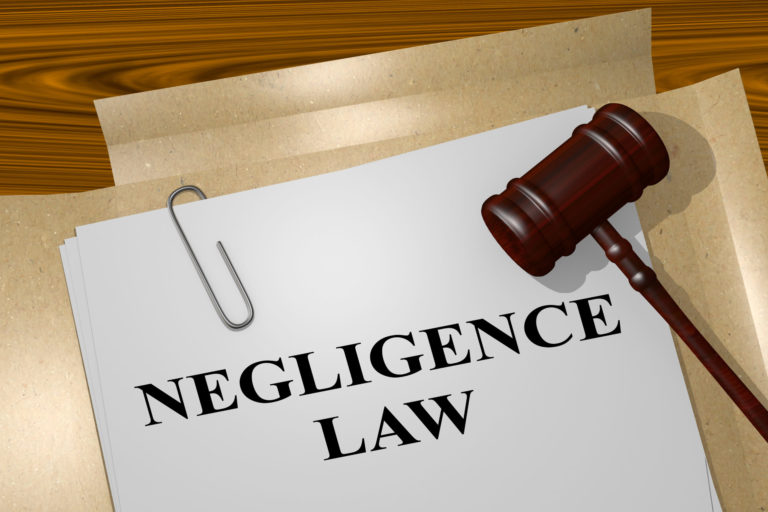
The SBA Announces New, Simplified Loan Forgiveness Application
As of October 13, 2020, The Small Business Administration (SBA) recently announced a one-page loan forgiveness application for Paycheck Protection Program (PPP) loans under $50,000. This new application streamlines documentation requirements and does not require any complicated calculations as were required on prior versions of the form.















